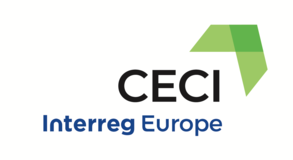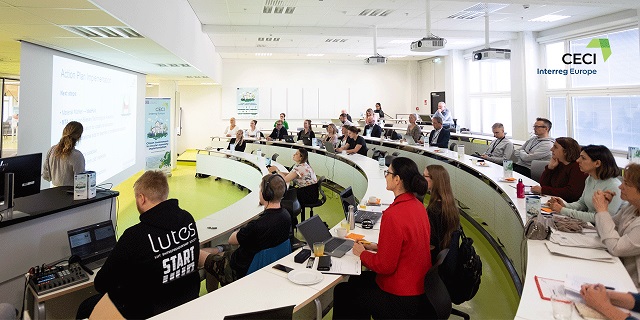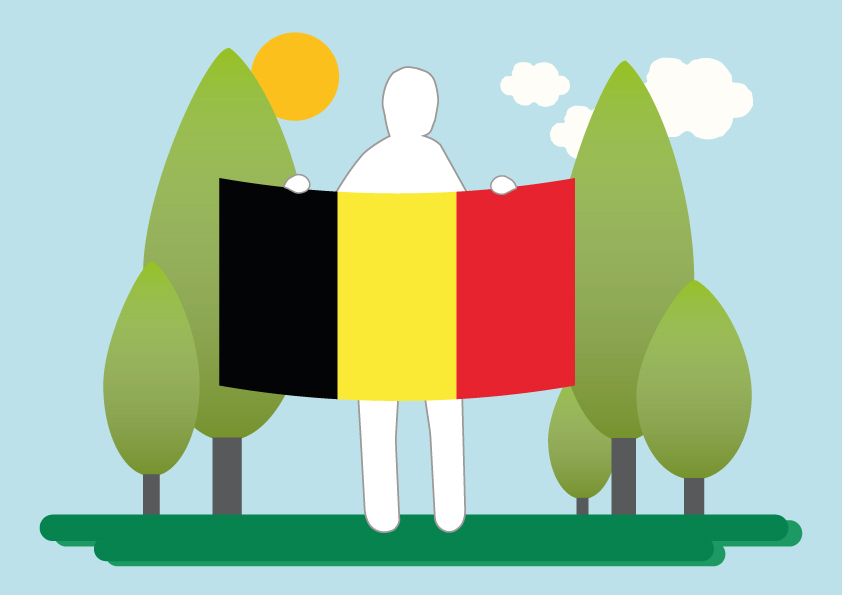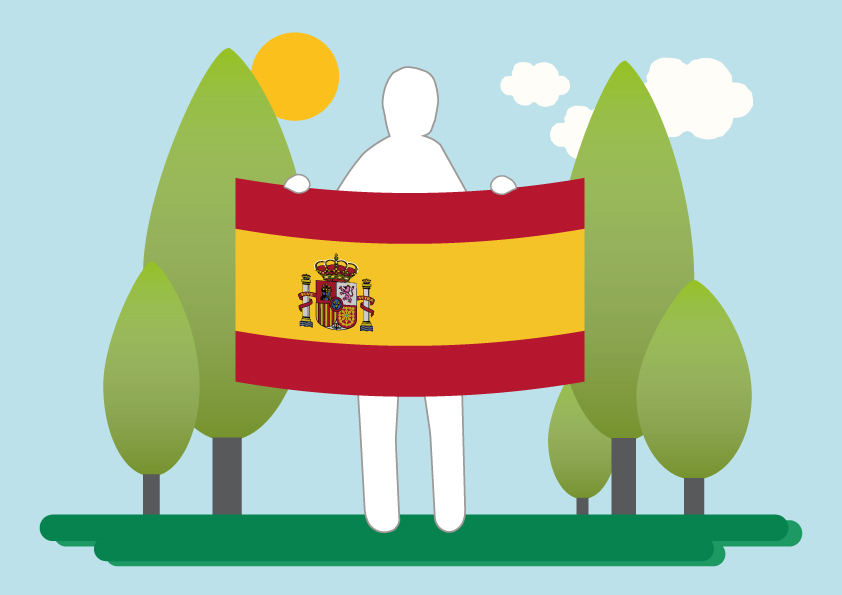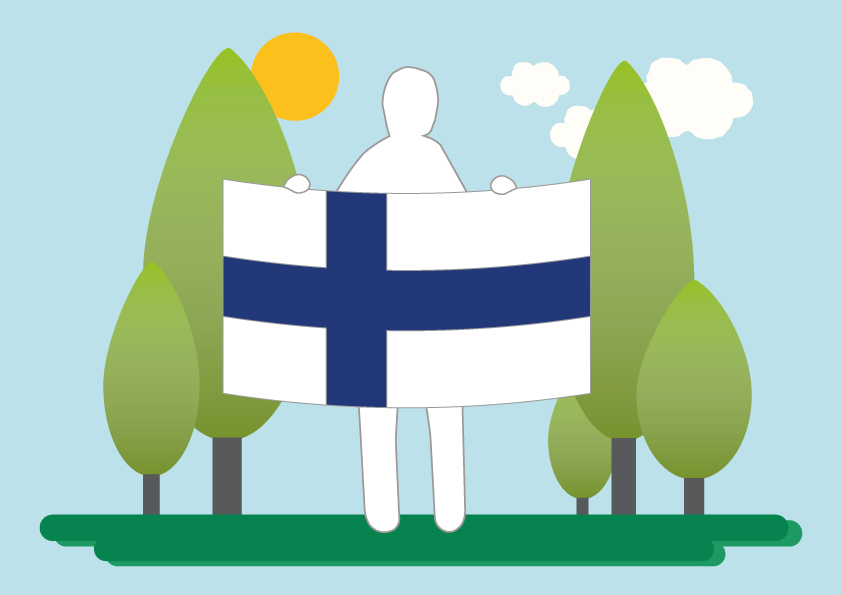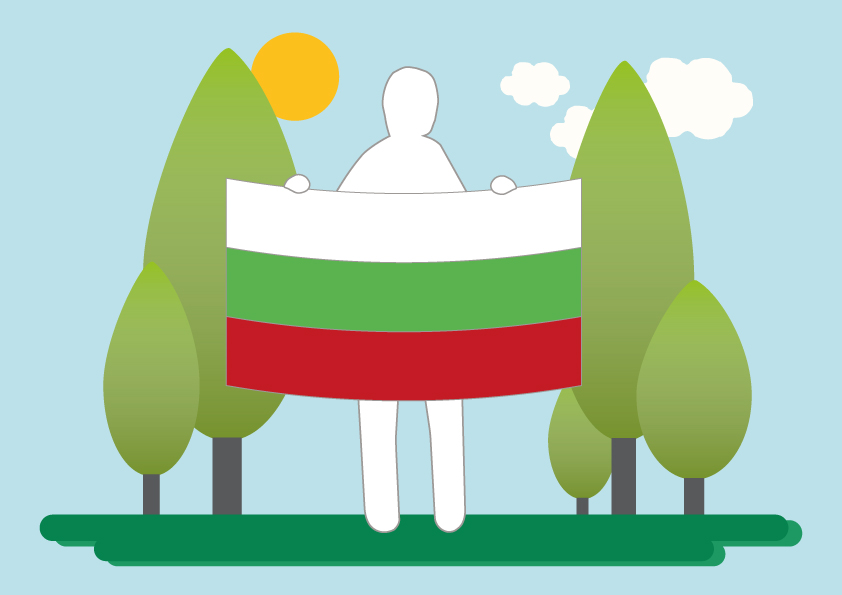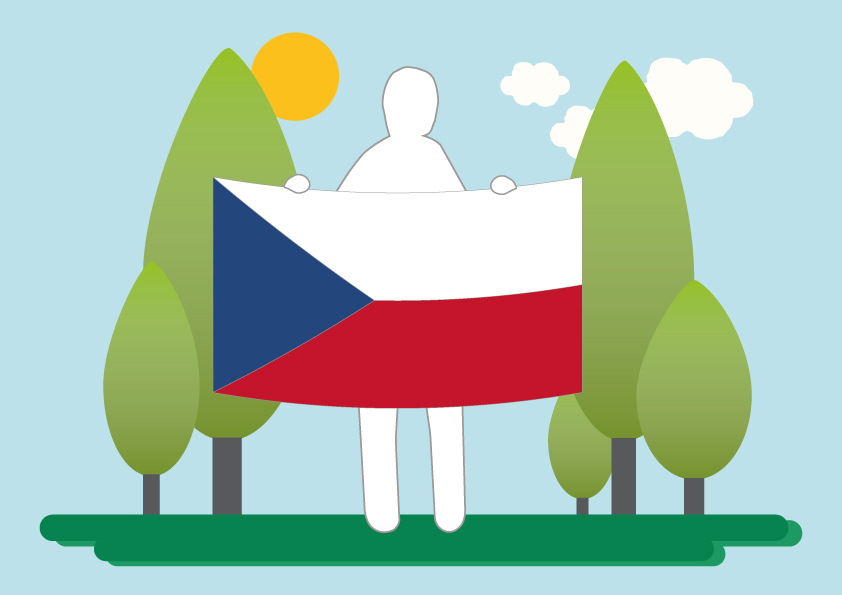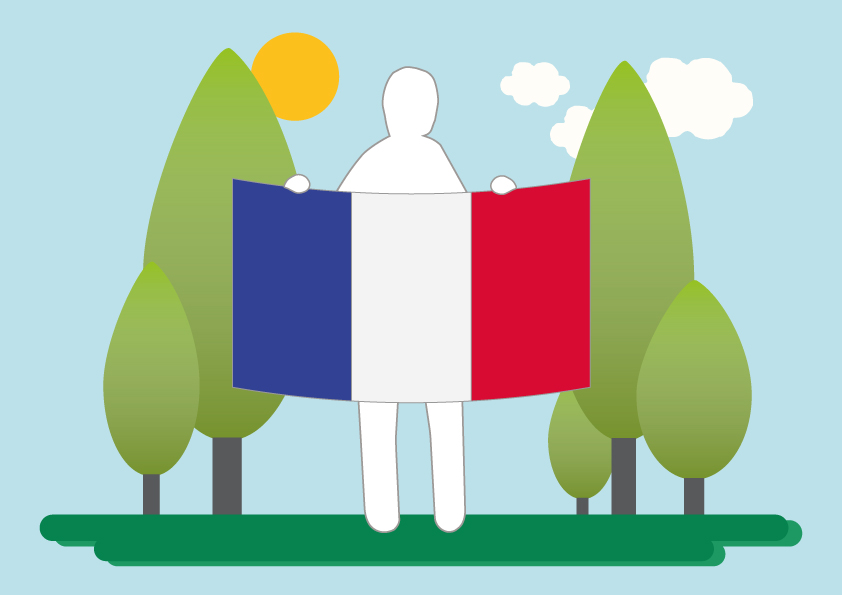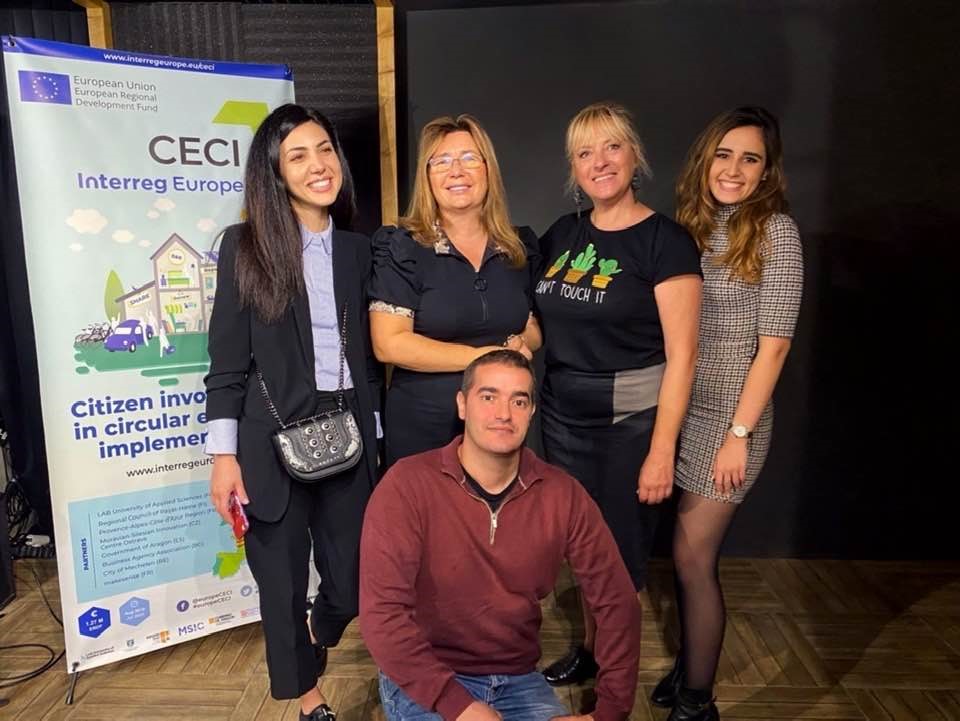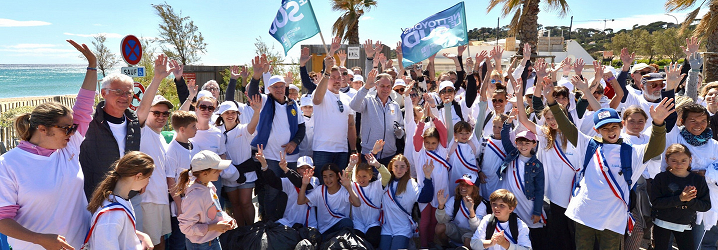Bringing Residents to Participate in Circular Economy
Citizens role in circular economy is fundamental. Their choices as consumers as well as users of products and services influence the success of new circular and sustainable solutions implementation. One of the solutions is sharing economy, where the collaborative consumption reduces the purchase costs, increases the utilization rate and strengthens the community cohesion.

Picture 1. Discussions with citizens of Herrala. Photo: Marjut Villanen
Citizen engagement in circular economy
In the Päijät-Häme region, two projects with similar goals on citizen engagement in circular economy have started a cooperation to gain synergic benefits. LAB University of Applied Sciences leads both projects.
CECI – Citizen involvement in circular economy implementation, is an Interreg Europe funded project with a partnership of eight partners from six countries: Finland, France, Czech Republic, Spain, Belgium, and Bulgaria.
Maallemuuttajat 2030 – Sharing Economy and Services in Rural Regions, is funded by the European Agricultural Fund for Rural Development. The project aims to increase knowledge about sharing and service economy in rural regions and creates (part-time) job opportunities and services in the countryside.
CECI aims to share and transfer knowledge about already existing circular good practices and concrete examples on the European level. Therefore, Maallemuuttajat 2030 may share already existing examples with CECI and vice versa, CECI may inspire Maallenmuuttajat 2030 with cases identified in other European regions.
Workshop in Herrala
On 5th February 2020, Maallemuuttajat 2030 organised a workshop in Herrala Village, Finland in co-operation with the CECI project. Herrala is a small 500 inhabitant village, with active associations, school and train stop. Altogether 24 residents participated in the workshop-event.
At the beginning of the evening, Maallemuuttajat 2030 project introduced some on-going sharing economy examples from other villages. The topic of a village canoe triggered fruitful conversation, as the residents noted that there are “forgotten” boats by the nearby lake, that could be taken to common use. The possible owners of the boats will be explored.
The actual workshop focused on the good values of Herrala, the needs, and how residents can take part in a circular economy. Residents listed lots of good values: the train, lake and surrounding nature, school and kindergarten, sport possibilities, safety and community, and cheap plots.
When talking about the needs, a little food market and café were mentioned many times. Also, organising various summer events were discussed, and a meeting place for youngsters was pointed out. Kids would need some activities during the summer holidays.

Picture 2. Group discussions in full speed. Photo: Marjut Villanen.
Residents were open to lending their goods (e.g. books, toys, sewing machine, bicycle) or sharing their free time or skills in different areas (welding, being an extra grandma or bringing shopping from the market). Residents contemplated establishing a WhatsApp group to support their local sharing economy plans and activities.
The article was originally published in the LAB Sustainability blog on 24.02.2020, you can read it here.
